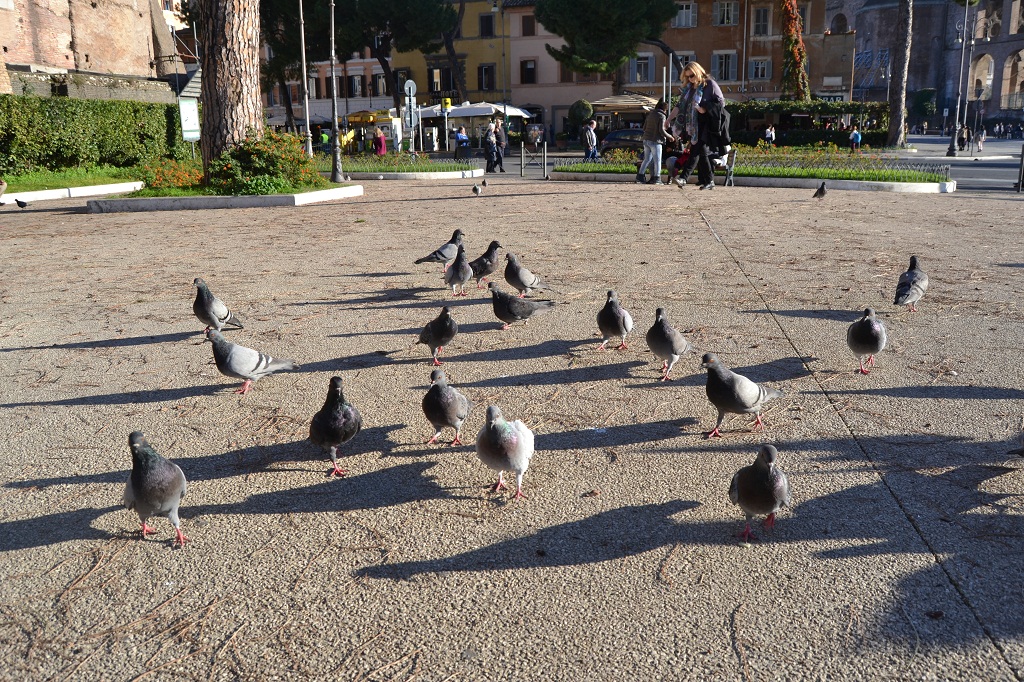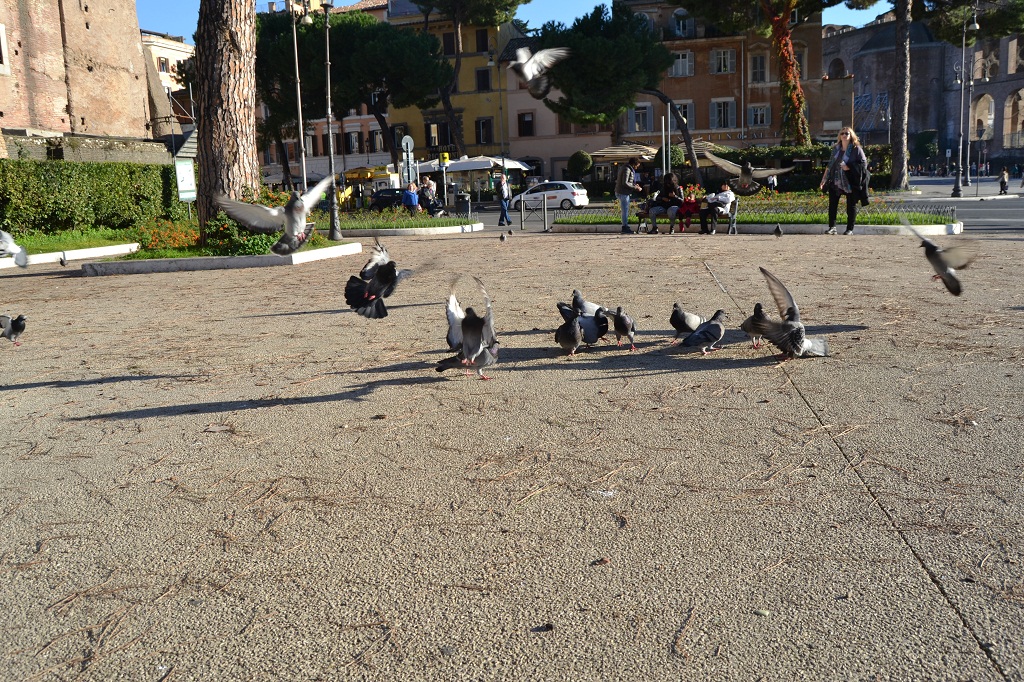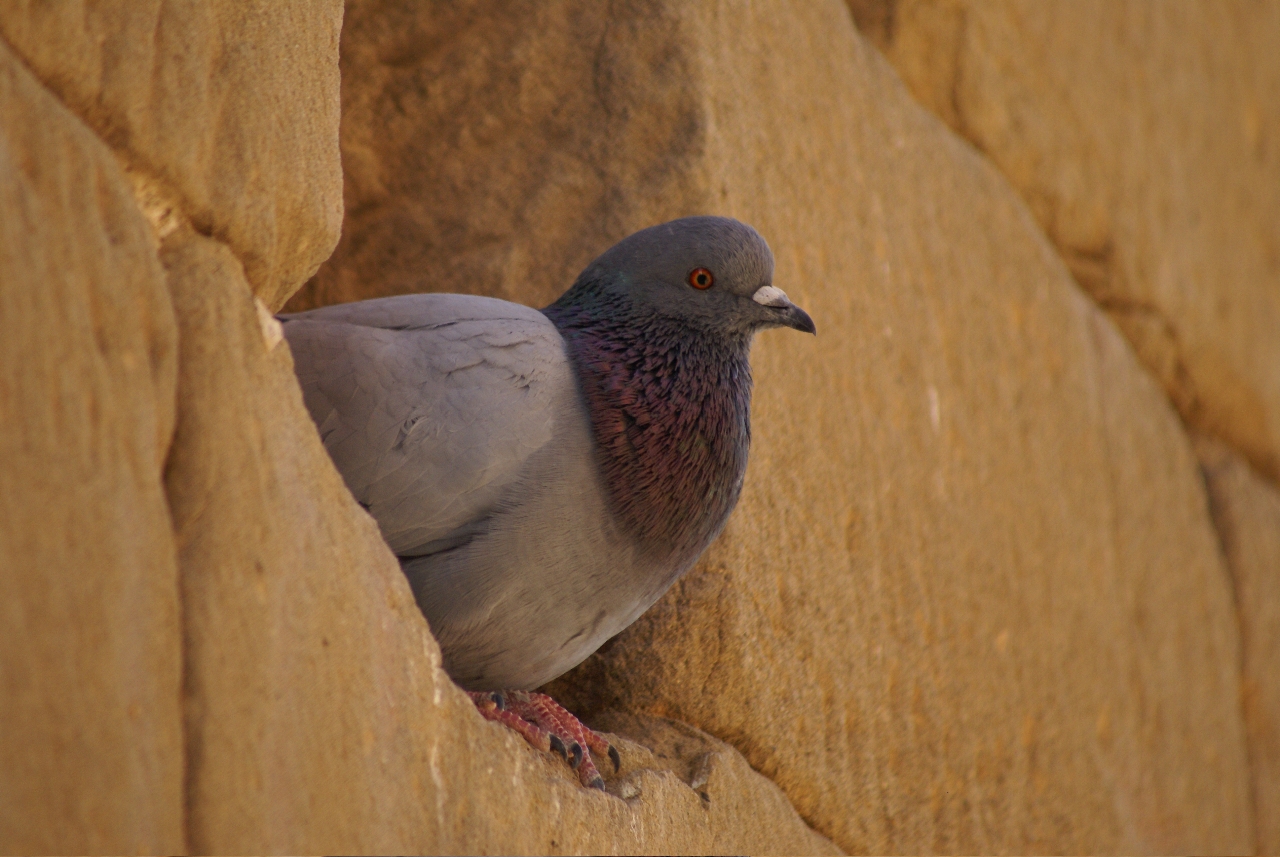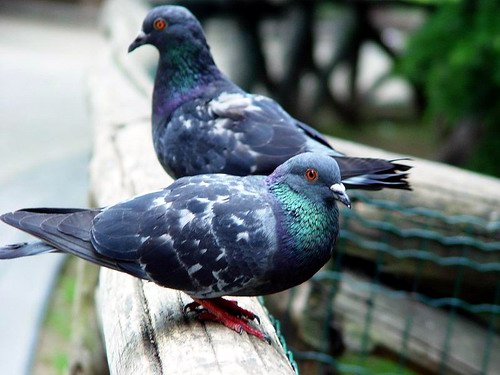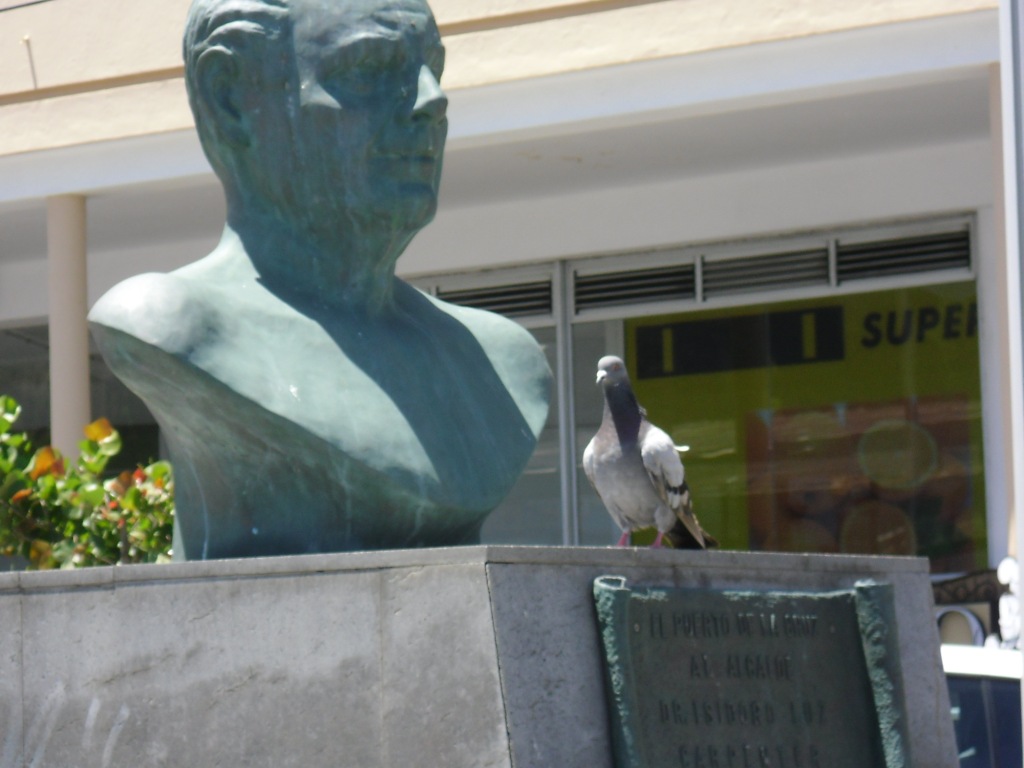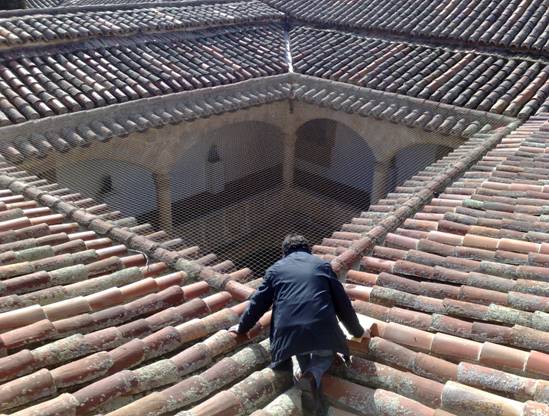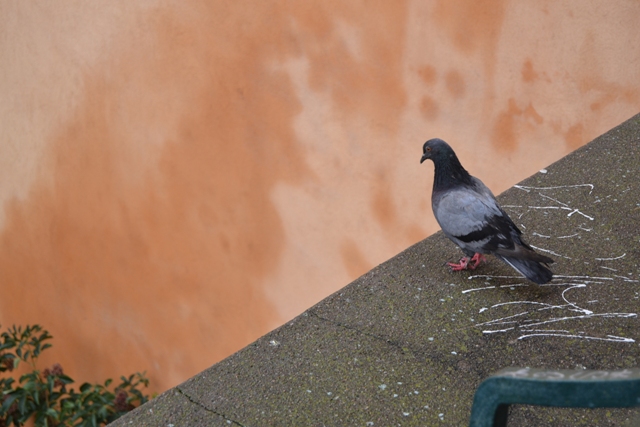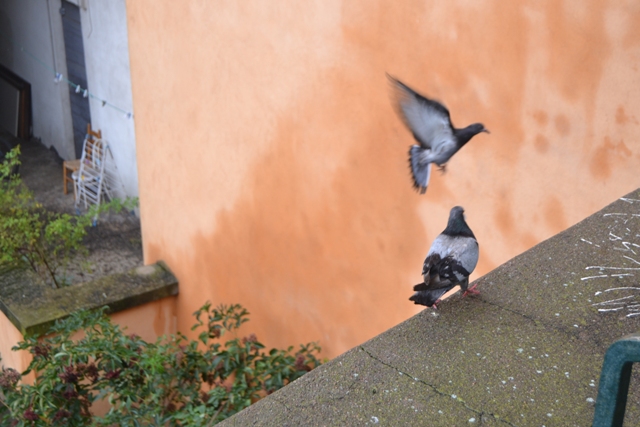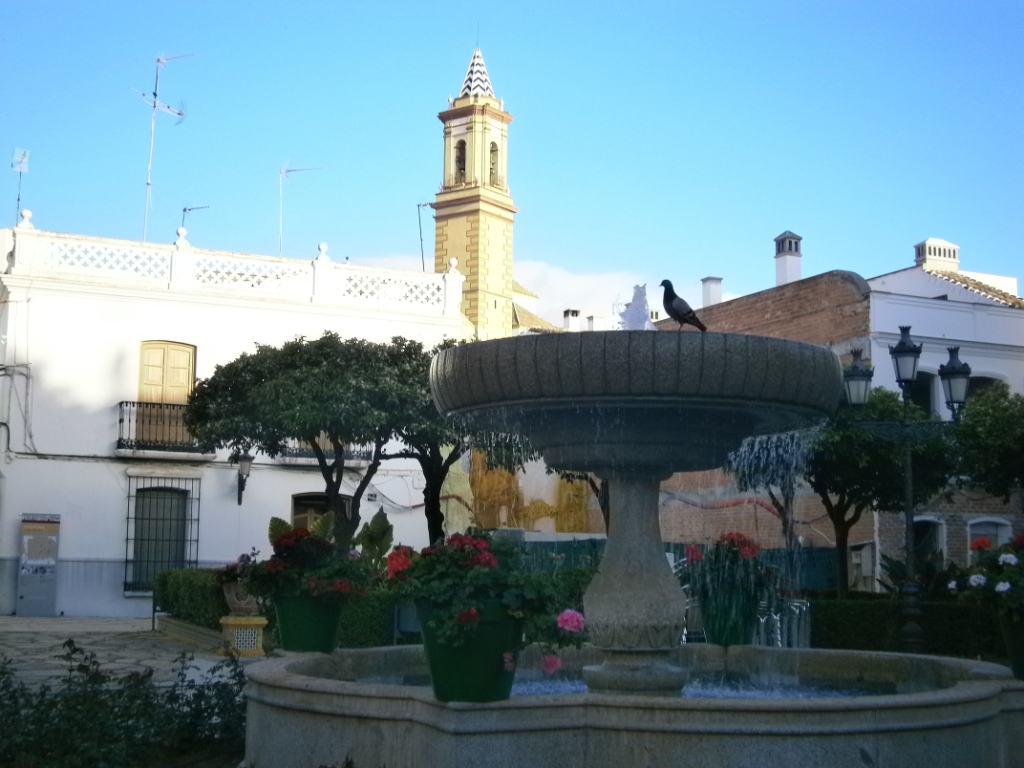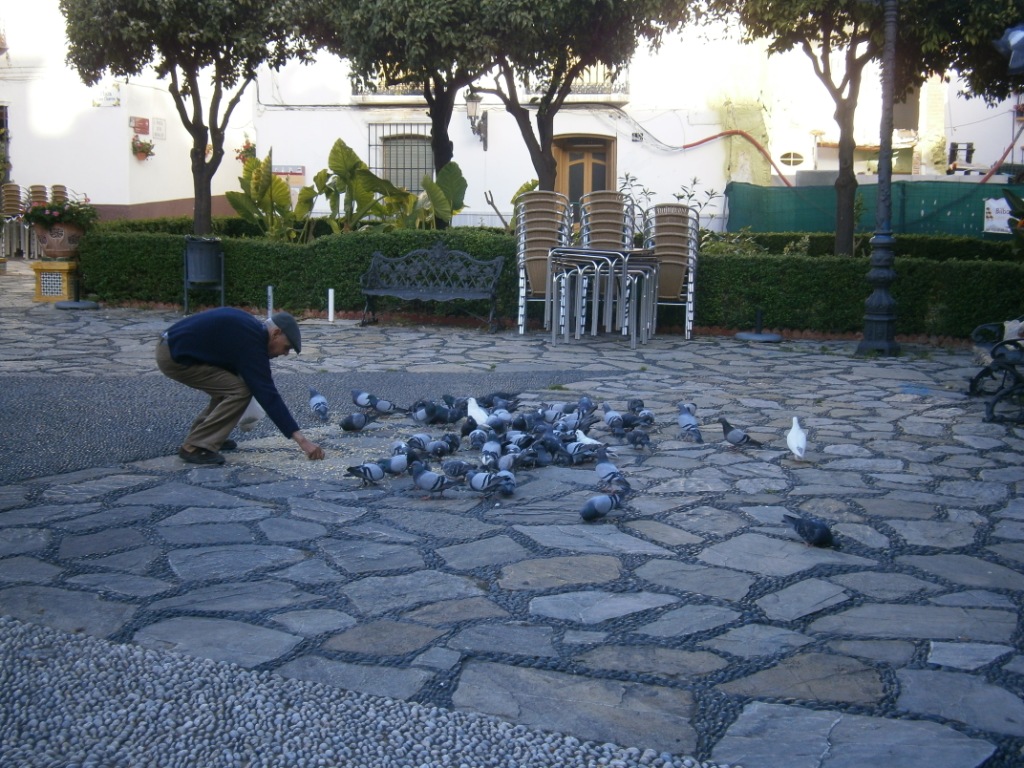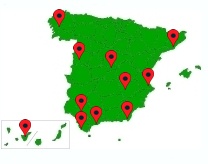- INFORMATION
General information. Prevention and management of problems of gulls and pigeons correspond to the management of free-living animals in cities, and the management is responsible for that which must develop monitoring plans and population control.
These birds are the cause of many problems for nesting in the public, private buildings and street furniture are also to blame for much of the food contamination, supplies and drinking water.
Gulls and pigeons cause allergy through aerosols, housing demolitions and facilitate the movement of birds zoonotic pathogens. Some of the etiologic agents such as viruses (avian flu, flavivirus, nile virus, Usutu virus), bacteria (Psittacosis, Campylobacter, campiobacteriosis), endoparasites, ectoparasites and parasites, which are related to the nests as mites, ticks , fleas, flies, beetles. Food hygiene pollute water, raw materials and food. In short, diseases of urban birds transmit diseases to humans, although at present are not fully documented.
Pigeons.
Its scientific name is Columba livia domestica. It is considered by much of the population as beneficial animals, but now the bird is most dangerous to humans plague.
For the rock dove (common Heermann) of the family columbidae no special protective measures are because it is one of the bird species more adapted to cities. They have become accustomed to nest on buildings causing problems risk to public health.
The urban pigeon has changed his eating habit as it was initially granívoro while since its introduction to the cities is omnivorous advantage for all food offered by the city. On the other hand, frequent ornamental fountains for obtaining water and bathrooms.
It is in cities and in rural areas, cause discomfort because they deposit their droppings in buildings, banks, statues, vehicles, etc.
The most effective method to keep the remotest pigeons buildings, monuments, fountains, etc ... is preventing your access or use of the structure as a nesting site, raising or rest.
For prevention of pigeons it is to have adequate hygiene measures to prevent nesting, shoot them in the case where it is permitted and as a control is necessary to use birds of prey to catch them by trapping or networks, avoiding landing through a system of pinchos, poles and wires or repellents.



